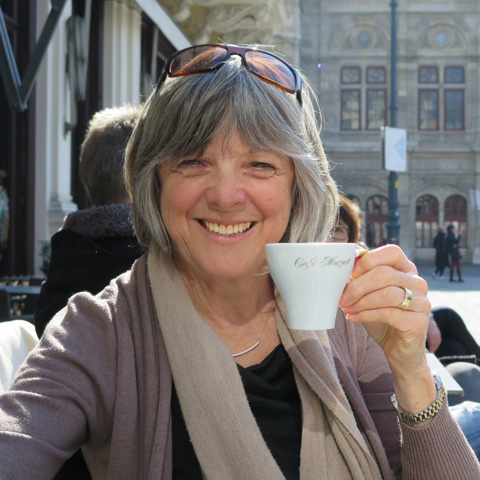Welcome More about Sally

Professional Work
My work has been varied, challenging and infinitely interesting to me. Mediation was my primary vocation, since 1985, and that work flowed into facilitation. (See tab link below for detail).Teaching/training in the vast field of Dispute Resolution has provided me with many opportunities to travel and develop my cultural fluency. (See teaching/ training link).
Teaching, conflict analysis, assessment and troubleshooting continue on a limited basis. It took a long time for me to be equipped to do this challenging work. (Click on the link to learn more.)
I work in a community of life-long learners who freely develop and share resources; we grow together. (See link to DR Resources & Organizations.)
Mediation was my primary vocation, since 1985, and that work flowed into facilitation.
Teaching and training in the vast field of Dispute Resolution has provided me with many opportunities to travel and develop my cultural fluency.
Conflict Analysis, Assessment & Troubleshooting have grown as part of my practice as I gain more experience with time. It took a long time for me to be equipped to do this challenging work.
I work in a community of life-long learners who freely develop and share resources; we grow together.
2015 Mediation, Facilitation, Conflict Analysis & Assessment